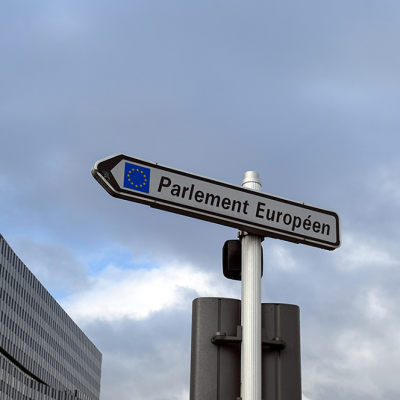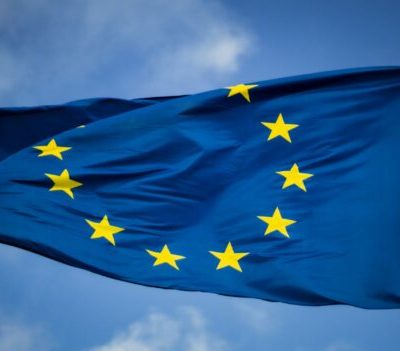Politisation of the Union: the case of the Services Directive
La Directive services est sûrement un des textes législatifs communautaires dont on a le plus débattu. Les prises de position sur la directive ont fait l’objet de conflits entre acteurs politiques européens : depuis les manifestations des syndicats à Bruxelles jusqu’aux négociations au Conseil, en passant par les tensions entre la Commission et le Parlement européen. Si ce débat a mis au grand jour la politisation croissante des institutions européennes en révélant une confrontation politique dont les grandes lignes peuvent se résumer à l’axe gauche-droite, les clivages au sein de l’UE restent plus complexes et le mode de décision plutôt consensuel.

La Directive services est sûrement un des textes législatifs communautaires dont on a le plus débattu. Les prises de position sur la directive ont fait l’objet de conflits entre acteurs politiques européens : depuis les manifestations des syndicats à Bruxelles jusqu’aux négociations au Conseil, en passant par les tensions entre la Commission et le Parlement européen.
Si ce débat a mis au grand jour la politisation croissante des institutions européennes en révélant une confrontation politique dont les grandes lignes peuvent se résumer à l’axe gauche-droite, les clivages au sein de l’UE restent plus complexes et le mode de décision plutôt consensuel.




